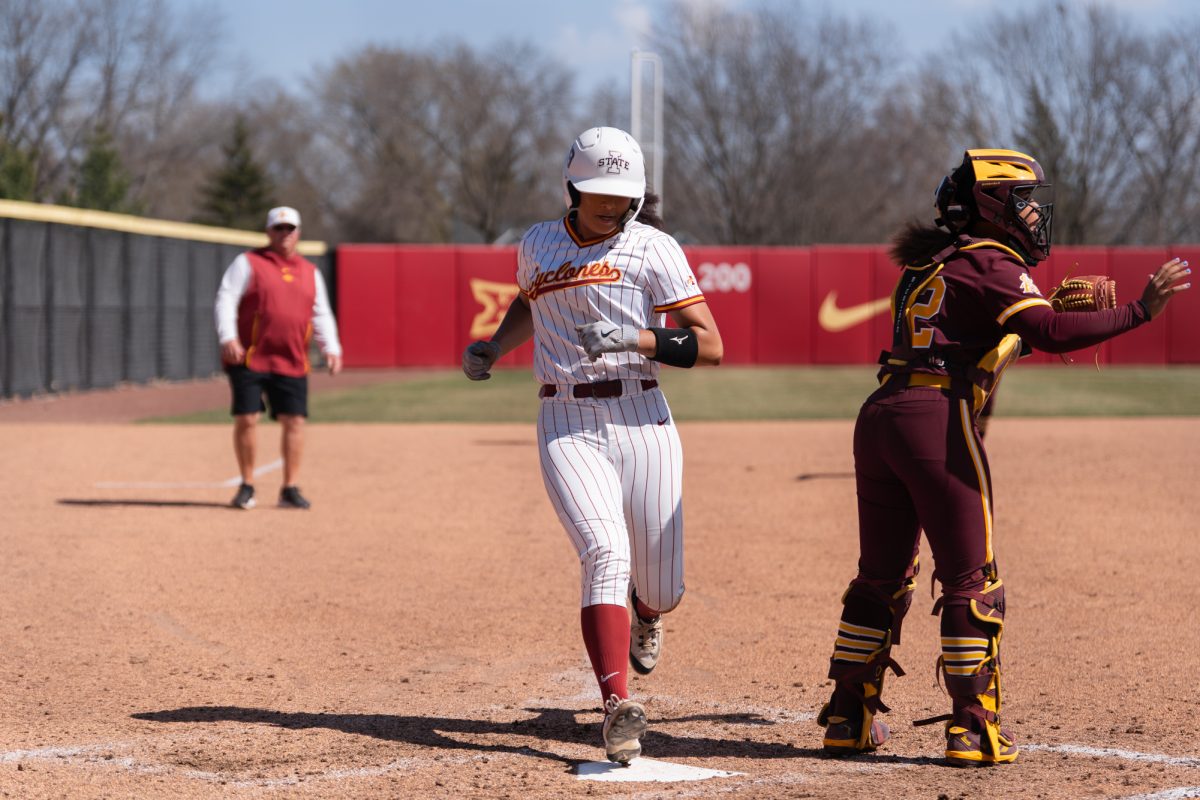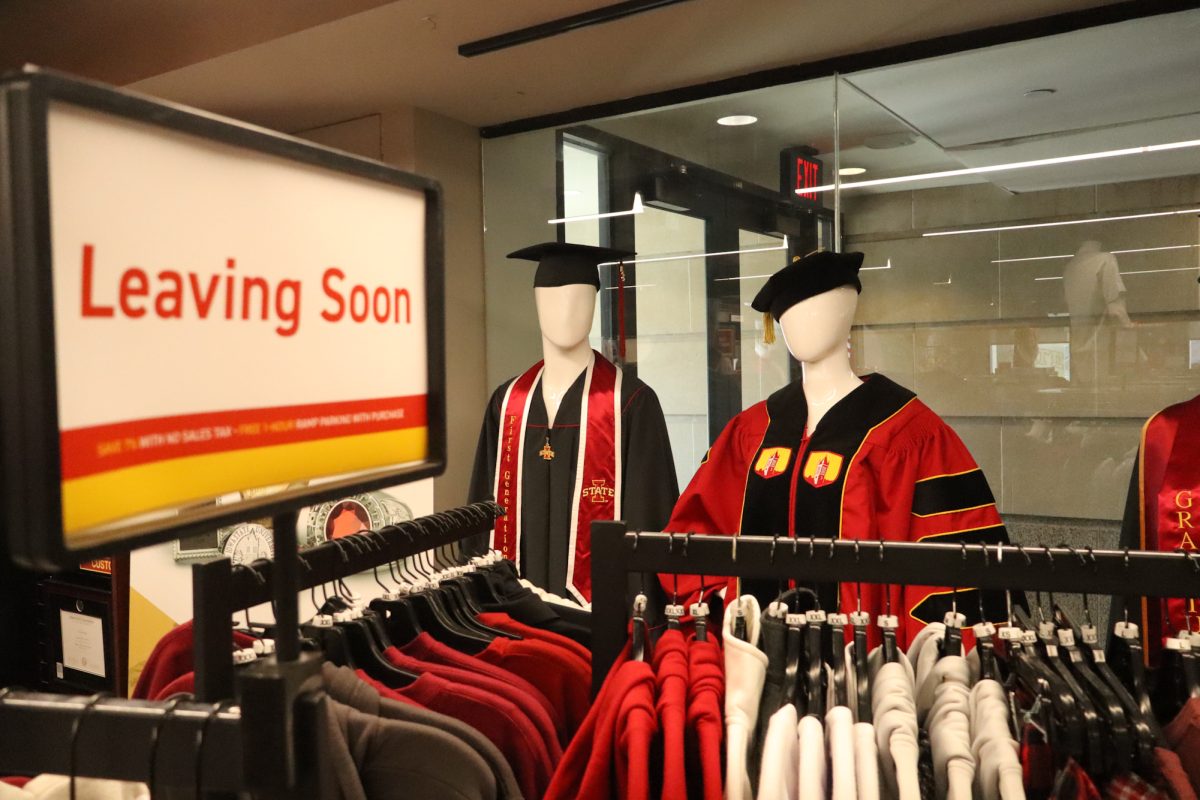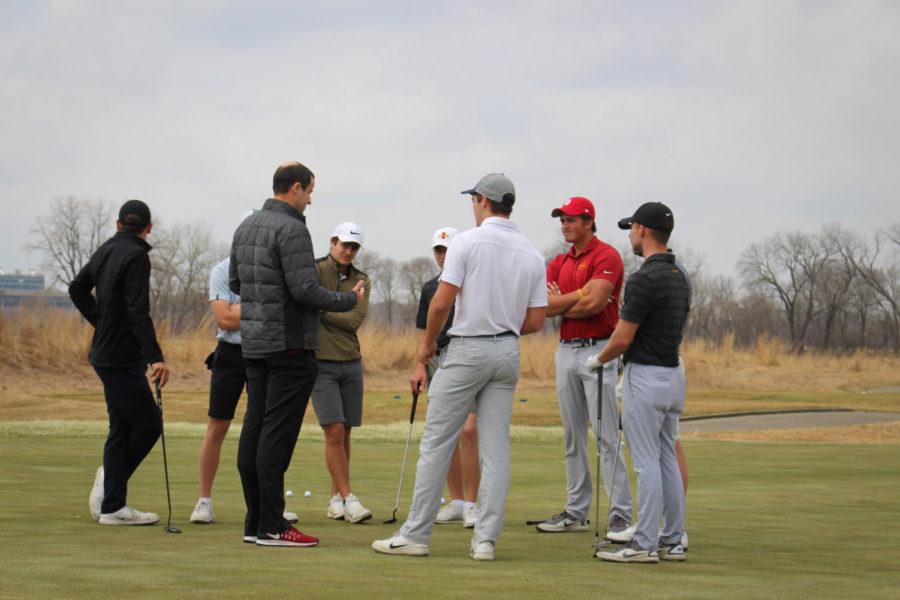Editorial: Insulate Regents from politics
February 21, 2013
In another bout of controversy, a state legislator has said that Bruce Rastetter, the president pro tem of the Iowa Board of Regents, has threatened academic freedom at the University of Iowa. State Sen. Herman Quirmbach, of Ames, said as much after learning about an email sent by Rastetter to the president of the University of Iowa, Sally Mason, after being contacted by the renewable fuels industry in regard to an article published by a professor there.
The executive director of the Iowa Renewable Fuels Association, Monte Shaw, emailed Rastetter about that article, written by professor Jerald Schnoor. In his email, he said: “You may have seen this ridiculous story about a U of Iowa professor calling for an end to ethanol production in Iowa due to water use. The guy is an embarrassment to the regent university.” After receiving that email, Rastetter forwarded it to Mason, saying, “Sally, the industry would appreciate being able to provide factual information so this professor isn’t informed is there a way to accomplish that.”
Mason’s chief of staff forwarded that to the professor, Schnoor, who called Shaw twice on the phone but was unable to talk to him. Schnoor told the Des Moines Register, “I didn’t think the request was unusual, and I’m happy to talk with the Renewable Fuels Association.”
This controversy follows (mostly negative) news about ties between a company Rastetter used to own (AgriSol) and its plans for land development in Tanzania. Even more recently was the controversy over Iowa State’s Harkin Institute and whether it would have to publish papers related to agricultural policy after another institute, the Center for Agricultural and Rural Development, approved them.
The Board of Regents is not a playground for political battles between Democrats and Republicans. It is not a playground for economic battles between “big business” and “sustainability.” Their job is to select the men and women most qualified to manage the state’s universities and serve as a check on haphazard growth and potentially bad decision making (buying land, building facilities, adding majors and the like).
In the case of both the Harkin Institute and the email from Shaw, both academics involved — ISU professor David Peterson, interim director of the Harkin Institute, and Schnoor — have said that, in their view, academic freedom is not implicated. Without a smoking gun, Peterson and Schnoor, who say that these are not issues of academic freedom, have to be believed.
Playing games of partisanship, in industry and government, with higher education, is wrong. One notices a trend, in all three recent instances of controversy with the Board of Regents, of Democrats falling on one side and Republicans on another.
Iowa recognizes that education is the key to an independent, comfortable life. When the United States Mint had the state quarters program, Iowans went so far as to choose for the Iowa quarter a design that featured a schoolhouse with the words “Foundation in Education.” Everyone knows that the education of a society’s youth is the foundation upon which its success — economically, politically, culturally, intellectually, physically, and every other way — grows.
The Regents are responsible for ensuring that Iowa has a good tomorrow. They need to avoid getting involved in the small contests of today, and we need to let them.






